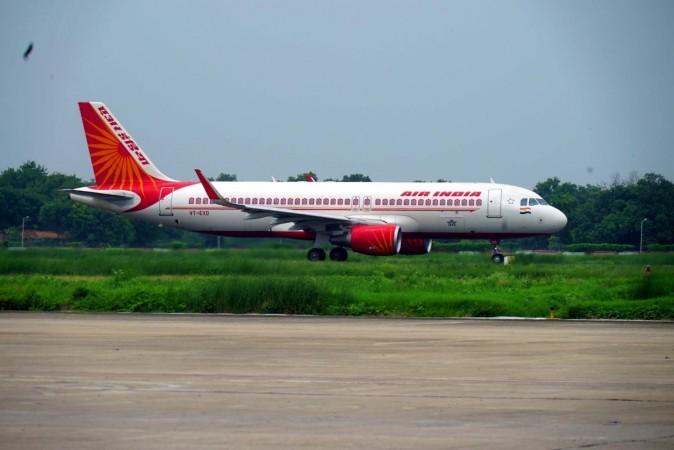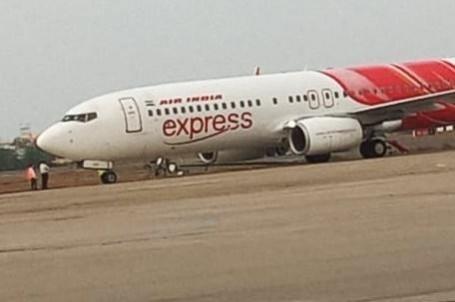
An Air India Express flight, IX-2564, en route from Delhi to Srinagar via Jammu, was compelled to return to Delhi due to a technical issue. Scheduled to land in Jammu around noon, the aircraft instead hovered over the airport for a significant duration before the pilot decided to head back to Delhi. This decision was made after the aircraft completed several loops in the Jammu airspace, indicating a potential problem that required immediate attention.
In a statement, an Air India Express spokesperson confirmed, "An alternative aircraft was arranged to operate our Delhi–Jammu flight after the original aircraft returned to Delhi due to a technical issue. We regret the inconvenience caused." This incident underscores the challenges airlines face in ensuring passenger safety while maintaining operational efficiency.
This event occurred just a day after another Air India Express flight faced a significant issue at Patna Airport. Flight IX2936, which flew from Bengaluru to Patna with 180 passengers, arrived on Sunday morning around 8:30 a.m. Passengers were informed about the baggage belt numbers where their luggage would be available. However, many were shocked to find that their checked-in baggage was missing. The airline staff later informed them that the luggage had not been loaded due to weight limitations on the aircraft.
The explanation regarding the baggage issue led to unrest among the passengers, who began protesting at the airport. Air India Express ground staff and CISF officials stationed at the airport intervened to calm the distressed passengers. The airline staff collected the contact details of all affected passengers and assured them that their bags would be delivered to their homes.

In a related development, another report suggested that the return of the Delhi-Jammu flight was due to "suspected GPS interference." According to officials, the flight was expected to land in Jammu around noon but instead hovered over the airport for some time before the pilot chose to fly back to Delhi.
The airline stated, "Our Delhi–Jammu flight returned to Delhi as a precautionary measure, following a suspected GPS interference incident. Subsequently, an alternative flight was organised to connect guests to Jammu. We regret the inconvenience caused."
The issue of GPS interference is not new in the aviation industry. It poses a significant risk to flight operations, especially in regions with heightened security concerns. The interference can disrupt navigation systems, leading to potential safety hazards. Airlines and aviation authorities continuously work to mitigate such risks through advanced technology and stringent safety protocols.
In another instance, Air India Express faced criticism for holding back the luggage of many passengers on a Kuwait-Chennai flight. Such incidents underscore the importance of efficient baggage handling systems and the need for airlines to prioritise customer service.
Related














